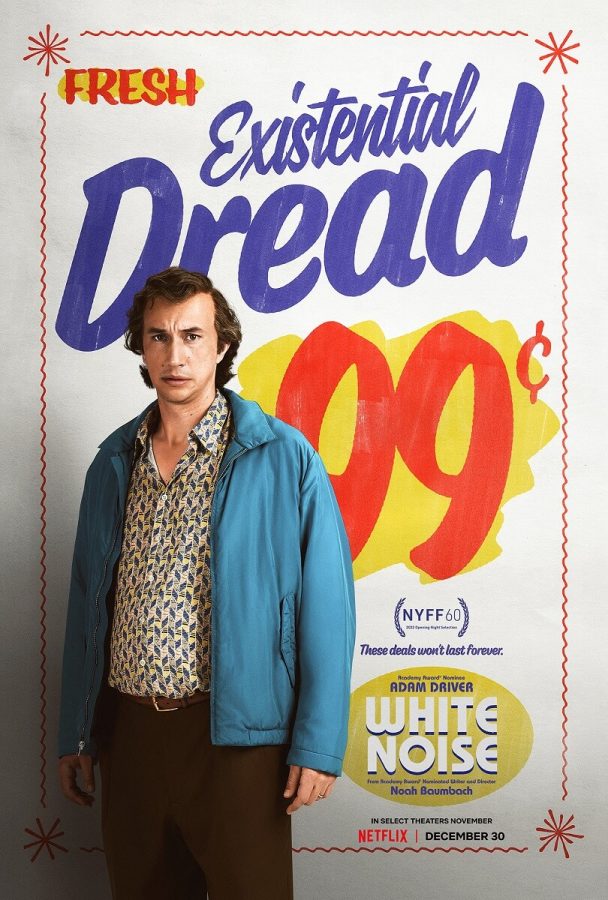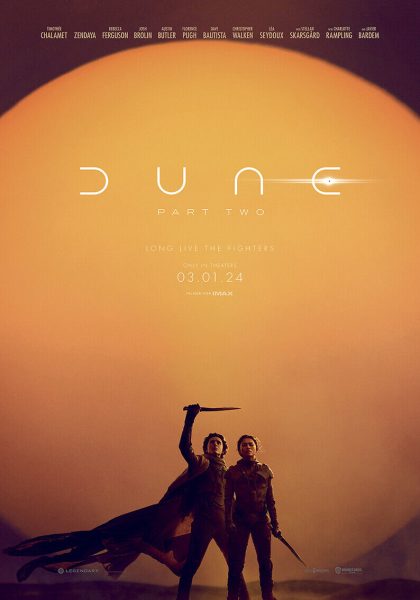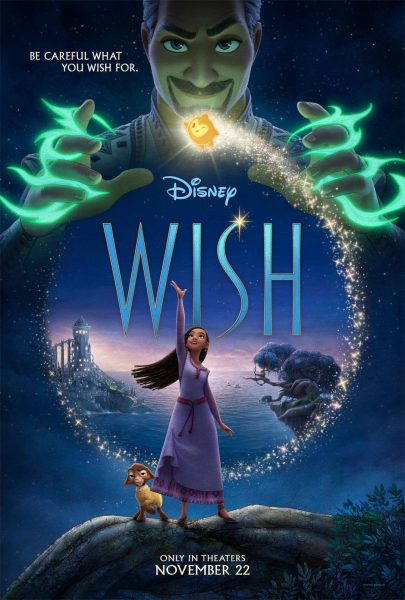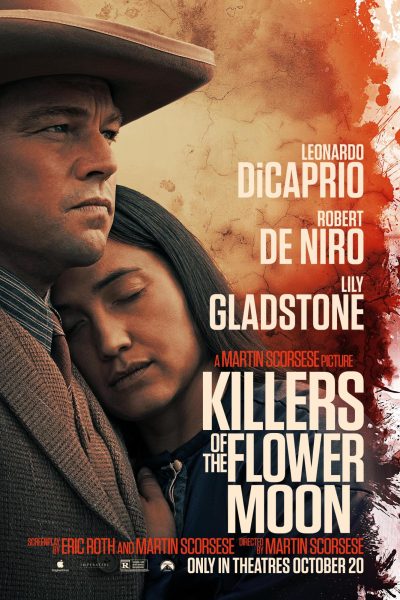Noah Baumbach’s White Noise: A Review
January 5, 2023
White Noise, directed and adapted by Noah Baumbach, is a 2022 film that was released on Netflix at the end of last month as a part of Netflix’s big end of the year rollout. The film is based upon the beloved 1985 post-modern classic novel of the same title, written by Don Delillo.
White Noise is set in 1985 and follows Jack Gladney, (Adam Driver), a middle-aged college professor and father. He is head of the Hitler Studies department at the university, which he created. Jack is married to Babette, (Greta Gerwig), and the two have a household full of children, many being from previous marriages. It is a chaotic and noisy household filled with children asking questions such as, “How do astronauts float?” and having a fascination with the things they see on TV, but when things take a darker turn, we hear their questions and fears turn darker too.
What happens when the destruction we see on TV happens to us?
Early on in the film, a disaster occurs. Nearby to Jack and Babette, a semi-truck crashes into a train carrying a toxic chemical called Nyodene D and the chemical is dispersed in the air. This creates the situation of the “airborne toxic event.” After the crash and before the event has even made it to the news, Heinrich, (Sam Nivola), spots a black cloud rising in the distance and takes it upon himself to research it and educate his family. He unintentionally creates panic in the family as he shares any information he can find or come up with, whether it is true or not.
The family is evacuated along with all others in the area as it becomes apparent this chemical is spreading in the air. We watch as the family joins in the chaos of the evacuation, seeing pileups of cars, looting and mass panic, and unnecessary violence and destruction.
What happens when rather than destruction being on TV, it is in front of your faces and instead of strangers it is us that are impacted or displaced? This is the question that White Noise asks. When faced with danger, what do we think of first? How do we handle these kinds of situations and how should we?
Following the “airborne toxic event” the film becomes an existential look at human existence. After watching this disaster unfold, we are thrown straight back into everyday life, just like the characters. They return to their jobs and routines, but the questions the children are asking and the thoughts adults are having have shifted. We find out the characters’ real fears and love for each other, born out of this desperation there is a newfound appreciation for the other and for life, along with an existential fear of death.
When all the white noise of life is stripped away such as in the event of a disaster, what are we left with?
Jack and Babette are brought to a standstill when Babette reveals a debilitating fear of death she has, and the closeness of death to the family after the event is apparent in ways she is not aware of.
The film begins and ends in the supermarket, with the Gladney family aimlessly wandering through aisles of technicolor boxes and cans. Prof Murray, (Don Cheadle) another professor at the university Jack works at, describes the supermarket as “the place between life and death.” At the end of the film, Jack says regarding the supermarket, “Out of some persistent sense of large-scale ruin, we keep inventing hope. And this is where we wait… together.”
The supermarket is an allegory for the consumerism of it all, and our desperate, aimless search for escape, for the white noise to distract us from reality.
White Noise is a philosophical comedy that succeeds in telling a story about love, death, and fear, in the form of a family drama. It maintains the audience’s attention, despite the intellectual language being used throughout and heavy monologues in what is supposed to be everyday conversation. The only downfall of the film would be this overly intellectual conversation and constant search for philosophical meaning, but this may be a fault of the original novel rather than Noah Bambauch’s writing and directing. Despite the title of the film, the writing does not distract the audience with the white noise of it all, perhaps to say that at the end of the day, there is no escape.
White Noise is currently streaming on Netflix.












